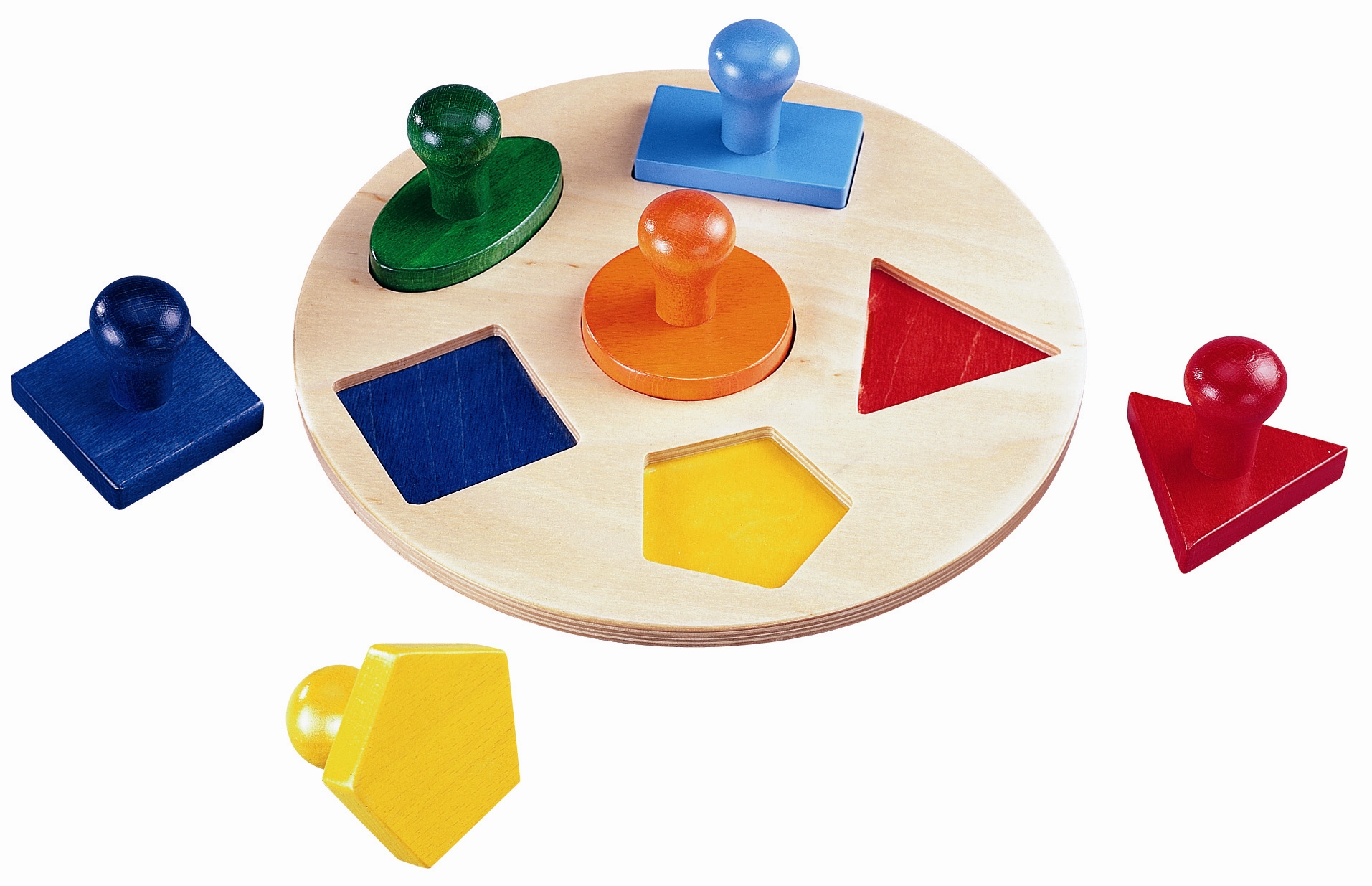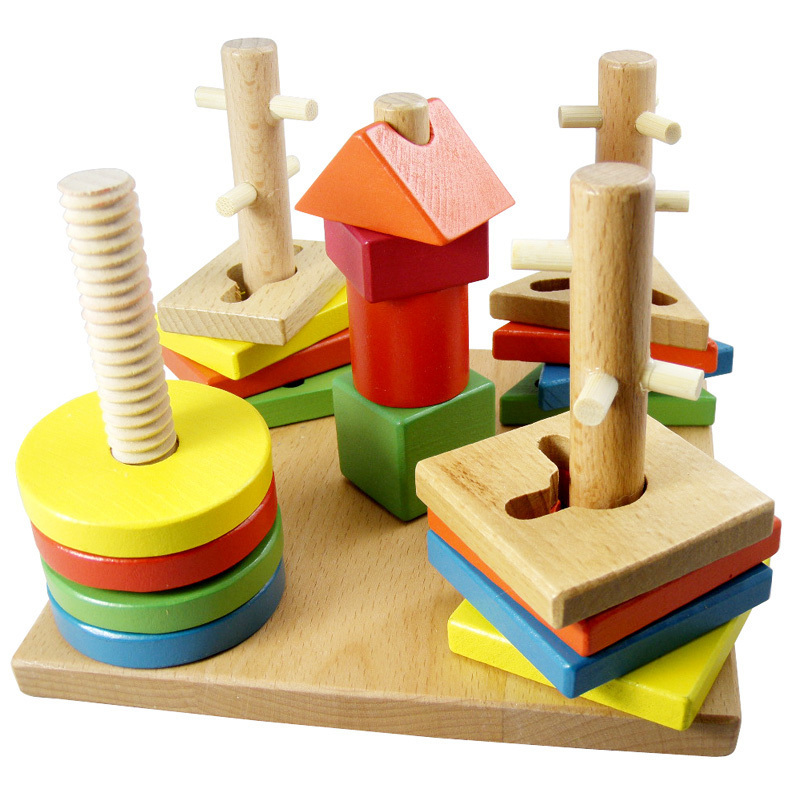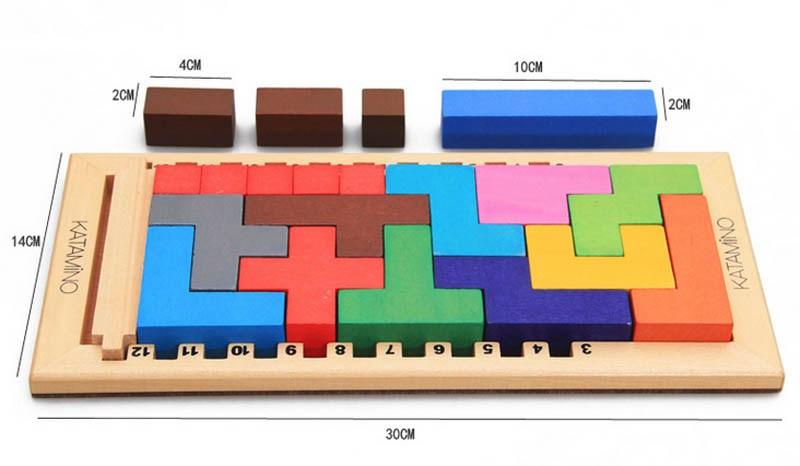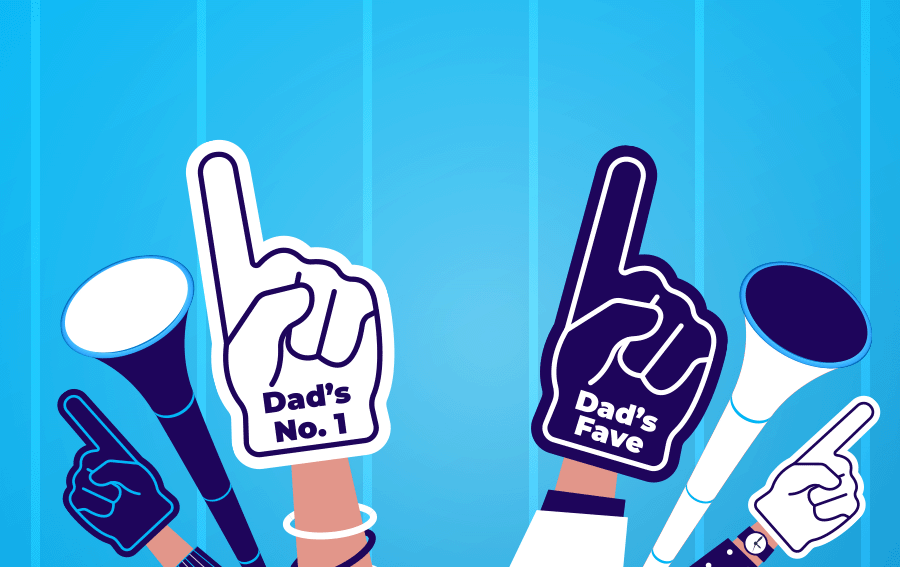 Playing with puzzles as a child may have had a bigger impact on your cognitive development than you might expect. Because puzzles challenge your brain, they have a positive effect on your thought processes and on how you approach challenges and problems in your adult life.
Playing with puzzles as a child may have had a bigger impact on your cognitive development than you might expect. Because puzzles challenge your brain, they have a positive effect on your thought processes and on how you approach challenges and problems in your adult life.
Doing puzzles from an early age helps children’s cognitive development, fine and gross motor skills, hand-eye coordination, and socialization skills.
Children are generally energetic and enthusiastic about trying new and fun games. Choosing the right toys to aid in the intellectual, physical and emotional development of children can be a challenge. This is why children’s puzzles are a great source of stimulation and ideal for early childhood development.
It is important to choose puzzles that match your child’s development stages. That way, your child will not feel discouraged as a result of the level of difficulty in completing a puzzle.
5 of the best puzzles for childhood development are:
1. Word puzzles to increase vocabulary
2. Jigsaw puzzles for fun pictorial and memory exercises
3. Chess for developing strategic and analytic thinking
4. Mathematical puzzles for developing mathematical skills
5. Sudoku puzzles are great for developing logic and sequential skills
These puzzles will help develop life skills such as:
1. Problem solving
Completing a puzzle requires thinking about the consequences of a decision, before making a move. Children learn how to predict their opponent’s plans; therefore, they are faced with a problem that they would have to solve. As a result, they are somewhat forced to think analytically and strategically in order to solve the problem.
2. Cognitive skills
Puzzles help develop the cognitive skills of children of all ages in different ways. They help children understand the world around them by letting them manipulate the puzzle to see what works and what does not. For example, with puzzles where children have to make a shape fit, they can see for themselves what shapes fit together and what shapes do not. Puzzles also help children’s memory. When they attempt the puzzle again, they become better and faster at putting the puzzle together.
3. Physical skills
Puzzle games develop hand-eye coordination, gross motor skills and fine motor skills.
 4. Socialising
4. Socialising
Puzzles frequently require interaction between opponents. Young children learn to be team players as they learn how important it is to share and how to be helpful in a group puzzle. Playing in teams can help them become an effective communicator and listener.
5. Self-esteem
As children practice their puzzles, they become better and faster at piecing the puzzle together. Setting and achieving goals becomes a source of pride and gives children a sense of accomplishment and boosts their self-esteem.
Puzzles are a fun educational toy that challenge young minds. Choose from a wide selection of puzzles available on bidorbuy for the various stages of child development.









